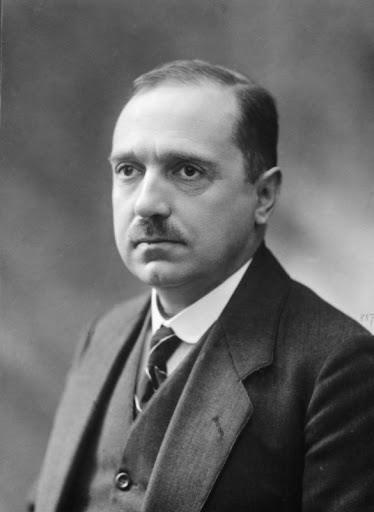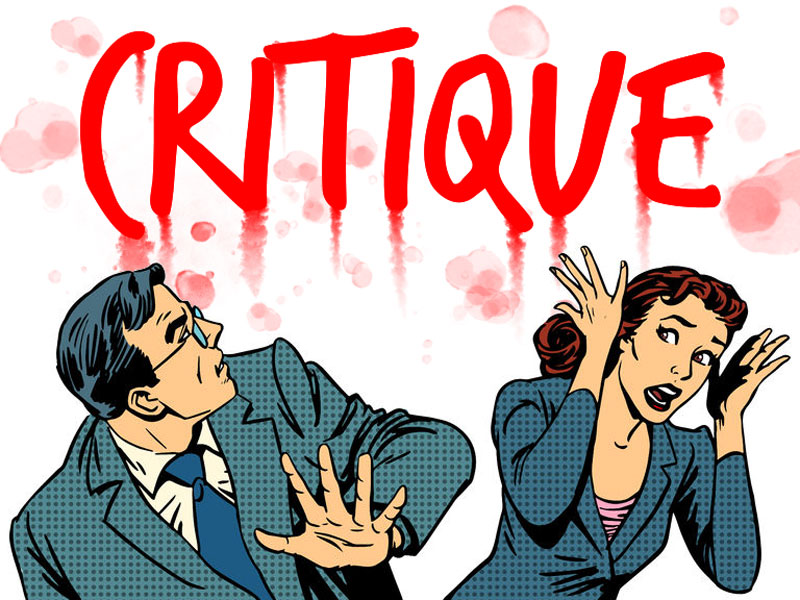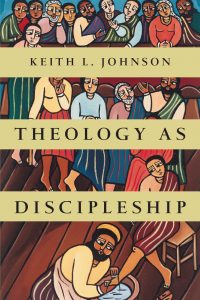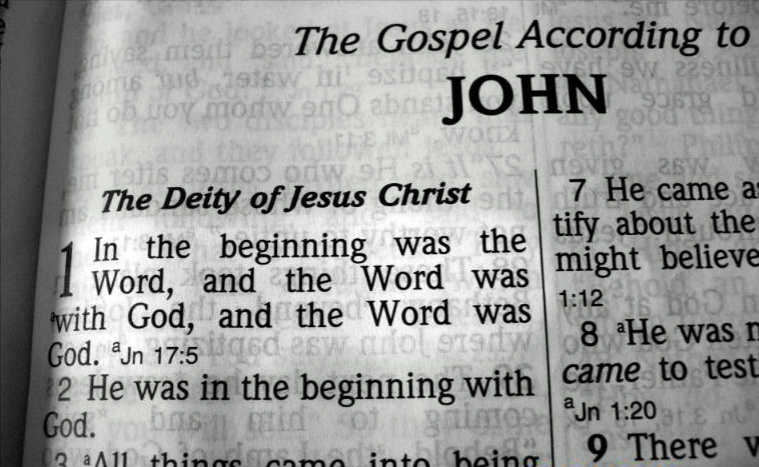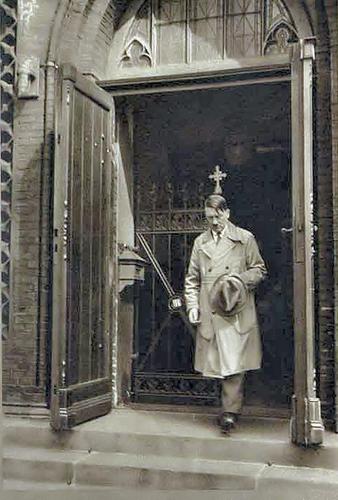 On February 24, 1920, at a public meeting in Munich the German Workers’ Party proclaimed a 25-point programme, drawn up originally by Gottfried Feder (1882-1941),[1] with a variety of social, economic, and political aspirations appealing to everyone except the Jews and the communists. It was intended as an instrument to draw popular support, especially amongst the lower middle classes threatened both by big business and by leftist elements such as the labour movement. It sought also to appeal to Christians—the twenty-fourth article concerned the church:
On February 24, 1920, at a public meeting in Munich the German Workers’ Party proclaimed a 25-point programme, drawn up originally by Gottfried Feder (1882-1941),[1] with a variety of social, economic, and political aspirations appealing to everyone except the Jews and the communists. It was intended as an instrument to draw popular support, especially amongst the lower middle classes threatened both by big business and by leftist elements such as the labour movement. It sought also to appeal to Christians—the twenty-fourth article concerned the church:
We demand freedom of religion for all religious denominations in the state so long as they do not endanger it and do not oppose the moral feelings of the German race. The Party as such stands for positive Christianity, without binding itself confessionally to any one denomination. It combats the Jewish materialistic spirit within and around us, and is convinced that a lasting recovery of our nation can only succeed from within on the principle: The general interest before self-interest (Stackelberg & Winkle, The Nazi Germany Sourcebook, 65).
Like the rest of the Party’s platform, this article is carefully worded to appeal to as broad a constituency as possible, here amongst the religious population. The Party ‘demands’—will allow—religious freedom without favouritism for each of the Christian denominations in Germany: Roman Catholic, Lutheran, Reformed, and United, covering most of the population across all geographical regions in the country. It will not bind itself to one or another of the Confessions, nor play them off against one another. Each will be free to maintain their own tradition and practice. The party stands for positive Christianity, speaking against ‘the materialistic spirit within and around us,’ and standing for an ‘inner’—spiritual—renewal of the nation, the common interest rather than ‘self-interest.’ Christianity will have a legitimate and respected place within the society.
Yet it is also the case that positive Christianity is a circumscribed entity, and that the promised freedom is freedom only within strictly defined limits. First, it is clear that freedom of religion does not include freedom for the Jewish faith—the anti-Semitism of the document as a whole is explicit even in this clause as it contrasts the inner spiritual dynamic of the Christian religions against the supposedly materialistic and self-interested character of the Jews.
More significantly, positive Christianity is a Christianity assimilated to the aims of the state and culture, ‘the moral feelings of the German race.’ It is a racialised and nationalist form of Christianity, legitimate ‘so long as’ they do not endanger the state or oppose these aims and feelings. The German Workers’ Party clearly intends to co-opt the church to serve its nationalist, racist, and political vision; anything that does not conform to Nazi ideology will be deemed ‘negative’ (Stroud, Preaching in Hitler’s Shadow, 7). The tragedy is that much of the Protestant church, especially, was complicit with this agenda.
The problem here is not primarily political but theological. The challenge is not so much that the church was being manipulated to serve a racist and nationalist agenda—which is bad enough, and a betrayal of its calling. Rather, the political problem and its devastating consequences were a symptom of a deeper and more subtle malaise. It was the church being placed within an overarching narrative alien to its true identity and being: the idea that the church’s primary service is to the state and culture rather than to the kingdom of God. It was the idea that the priorities of the kingdom of God could be identified with those of the culture. It was the idea that the church’s freedom derived from the permission of the state and that it was, therefore, a functionary or organ of the state and that, therefore, the state was its lord.
As it happened, freedom so long as, was not freedom at all, but servitude and betrayal. Hitler’s ‘so long as’ introduced an alien principle which determined the being and practice of the church. The church, accepting this circumscribed freedom, lost its true liberty in Christ. Where it gladly accepted the prohibition to oppose the ‘moral feelings of the German race’ it was unable to discern or affirm its distinctive calling as the people of God. Positive Christianity was, in fact, a misnomer: it was not Christianity at all, but an aberration. “It was, one might deduce, Christianity with no God, no Christ, and no content. It was the ‘politically correct’ version of an empty gospel” (Stroud, Preaching, 8). It was salt that had lost its flavour, fit only to be thrown out and trodden underfoot.
To its great credit the Synod of the Confessing Church that met in Barmen in 1934 recognised this truth with great clarity:
Jesus Christ, as he is attested for us in holy scripture, is the one Word of God which we have to hear and which we have to trust and obey in life and in death.
We reject the false doctrine, as though the church could and would have to acknowledge as a source of its proclamation, apart from and besides this one Word of God, still other events and powers, figures and truths, as God’s revelation.
(Barmen Declaration, Thesis 1).
[1] Roderick Stackelberg and Sally A. Winkle, ed., The Nazi Germany Sourcebook: An Anthology of Texts (London: Routledge, 2002), 63. Note, however, Mary Solberg’s contention that Hitler wrote the programme in Mary M. Solberg, ed., A Church Undone: Documents from the German Christian Faith Movement 1932-1940 (Minneapolis: Fortress, 2015). Hitler certainly approved the programme and refused to change it.
 My latest essay has just been published at Religions, Vol. 13 No. 3 as part of a special issue concerning “Karl Barth’s Theology in a Time of Crisis” edited by Mark R. Lindsay. My essay examines how theology might proceed responsibly, in times of crisis. It explores Barth’s treatise Theological Existence Today, to understand Barth’s own response to the crisis confronting German Protestantism in the face of Hitler’s rise to power.
My latest essay has just been published at Religions, Vol. 13 No. 3 as part of a special issue concerning “Karl Barth’s Theology in a Time of Crisis” edited by Mark R. Lindsay. My essay examines how theology might proceed responsibly, in times of crisis. It explores Barth’s treatise Theological Existence Today, to understand Barth’s own response to the crisis confronting German Protestantism in the face of Hitler’s rise to power.